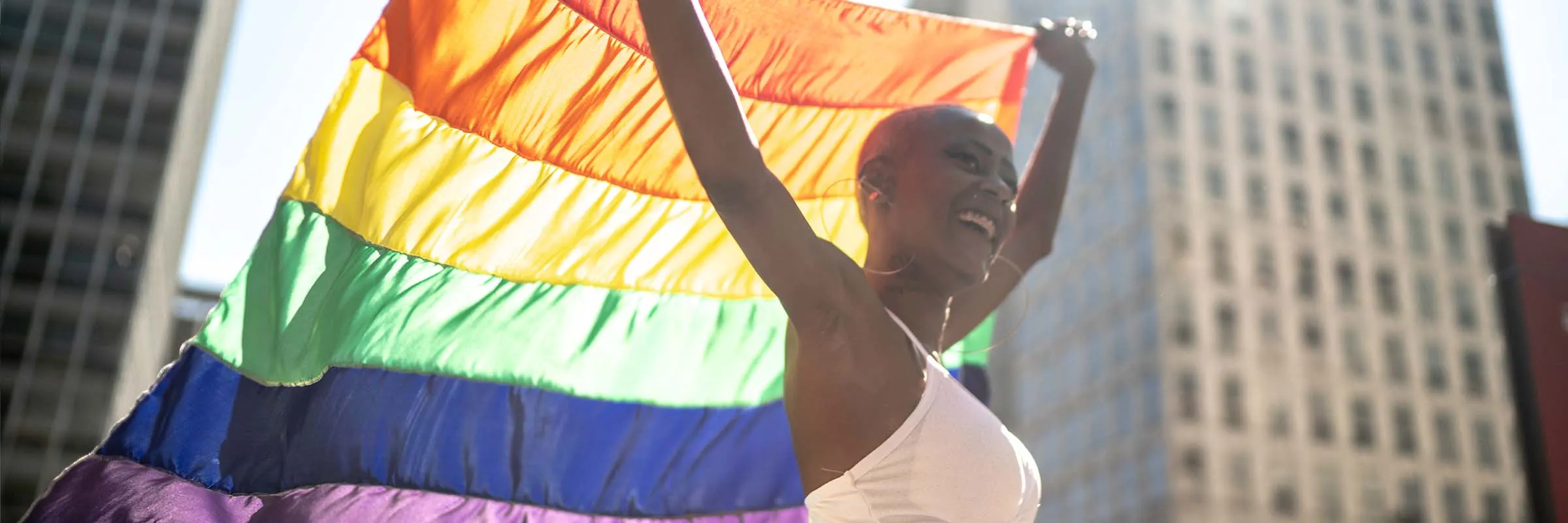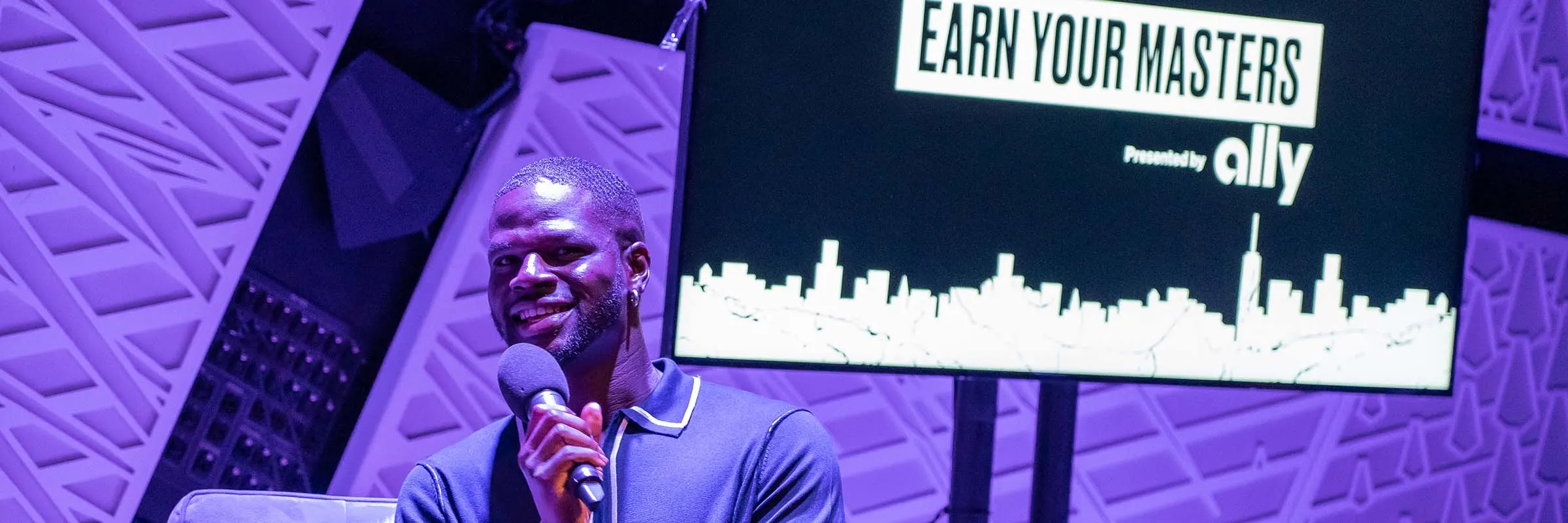Tuning in to the latest pop (or country or R&B or K-pop) song is as simple as opening an app on your phone. But for the artists who make those melodies happen, pursuing a career in music takes talent, hard work and perseverance. And the reality is, for many, it all comes down to luck — being in the right place at the right time, knowing the right people, having the right connections.
At Ally, we admire the leap of faith required to make a living in music and know the value of having someone in your corner. We continually challenge ourselves to discover new ways to help our customers and communities succeed. As part of that mission, we’re excited to support several rising stars with $10,000. Their talent and stories blew us away.

Rising R&B star Marzz (they/them) grew up watching their mom and aunts sing at church every Sunday in Louisville, Ky. It’s a ritual they say inspired them to pursue their passion for music. Marzz has been dealt some tough cards, struggling with their identity and career path, but the support of their grandmother has kept them moving forward. When Marzz found out about the $10,000 they would receive from Ally, they immediately started looking for Louisville organizations to donate to — supporting homeless youth, women dealing with unexpected pregnancies and more. So, Ally gave $10,000 to the charities in Marzz’s name and another $10,000 to put toward their future in music.

When Paravi (she/her) started to share her indie music on TikTok, she couldn’t have imagined how quickly her popularity would take off. On January 22, 2021, she posted a one-minute clip of Frank Ocean’s “Godspeed.” One day later, it had already hit 1 million views. At the time, Paravi was a theater student sharing on social media. Today she has a signed contract with RCA and is working on a degree in music and entertainment. The support from Ally will allow her to fund her studies and actively steer her own career.

The journey from Australia to Music City U.S.A. (aka Nashville, Tenn.) was anything but easy for Lauren Hambly (she/her) and Mick Hambly (he/him). When this country + pop duo made the move to Tennessee to live their musical dreams, they had to navigate the music industry while on a working visa — meaning legally they couldn’t earn an income from work outside of music. So the old standbys of side gigs, restaurant shifts or driving Uber were not an option. The support from Ally will allow the (just married!) couple to continue to pursue their dream, while easing some of the financial pressure.
Time to shine
Making it in the music industry is the stuff of dreams for aspiring artists around the world. While not everyone will have a hit song, we believe everyone should have a fair shot and we can’t wait to see what’s next for all of these extraordinary artists. For more musical stories check out The Song television series (sponsored by Ally).


